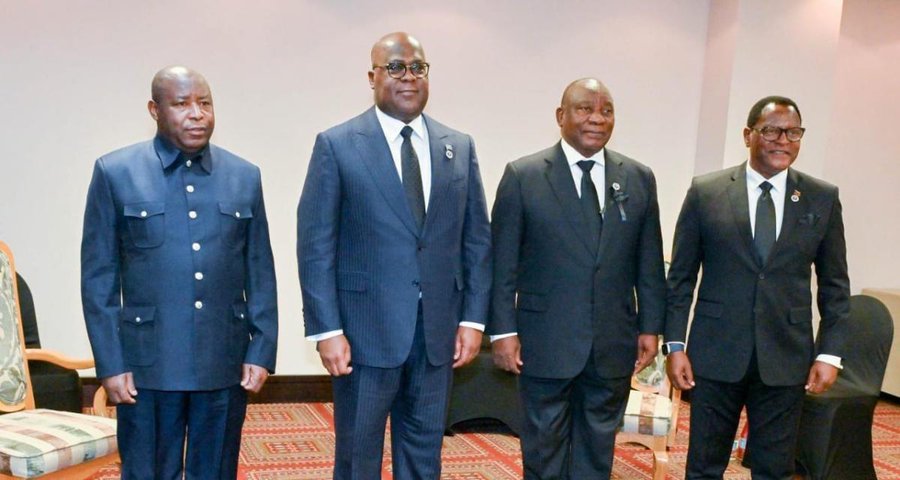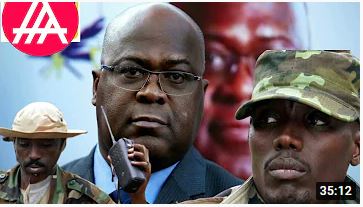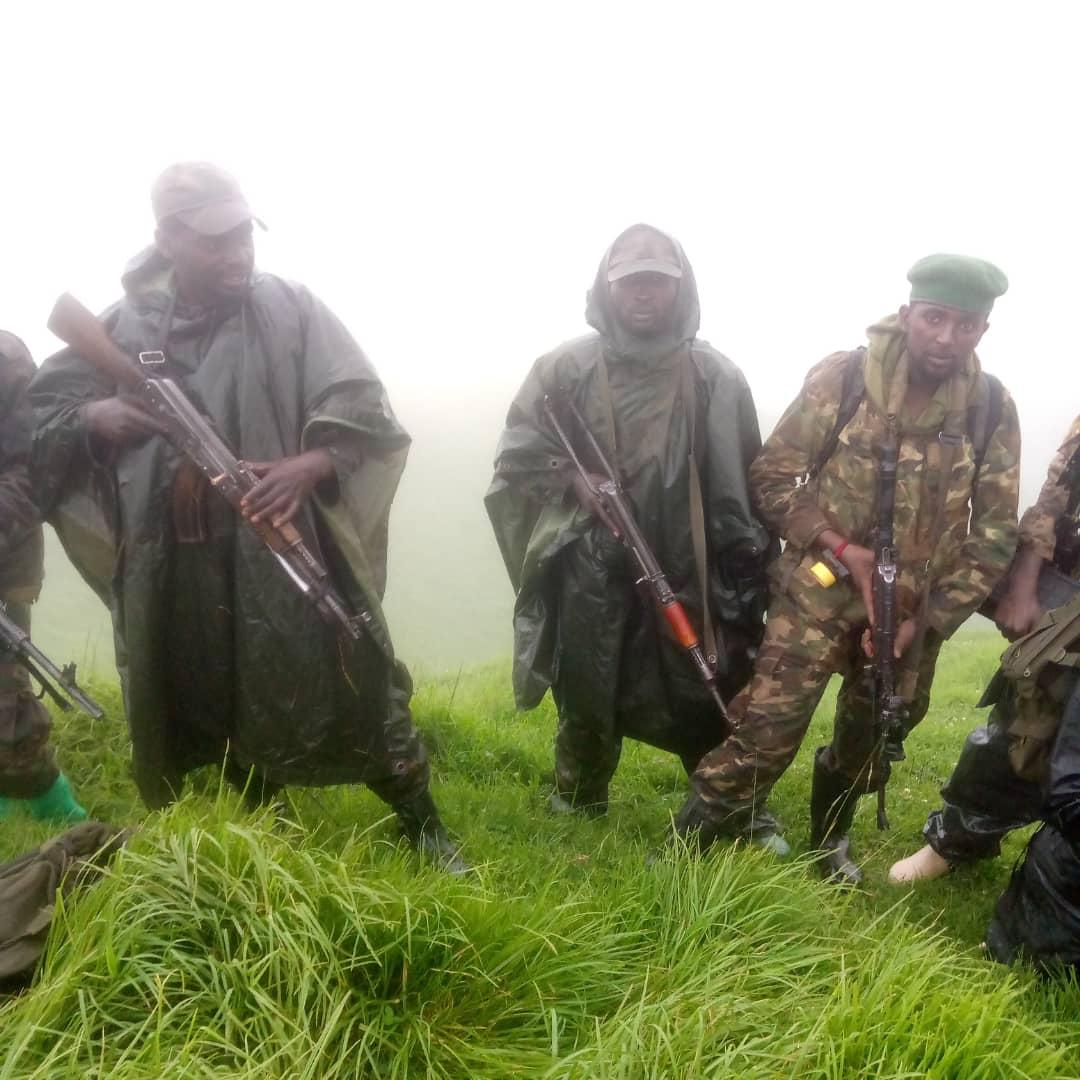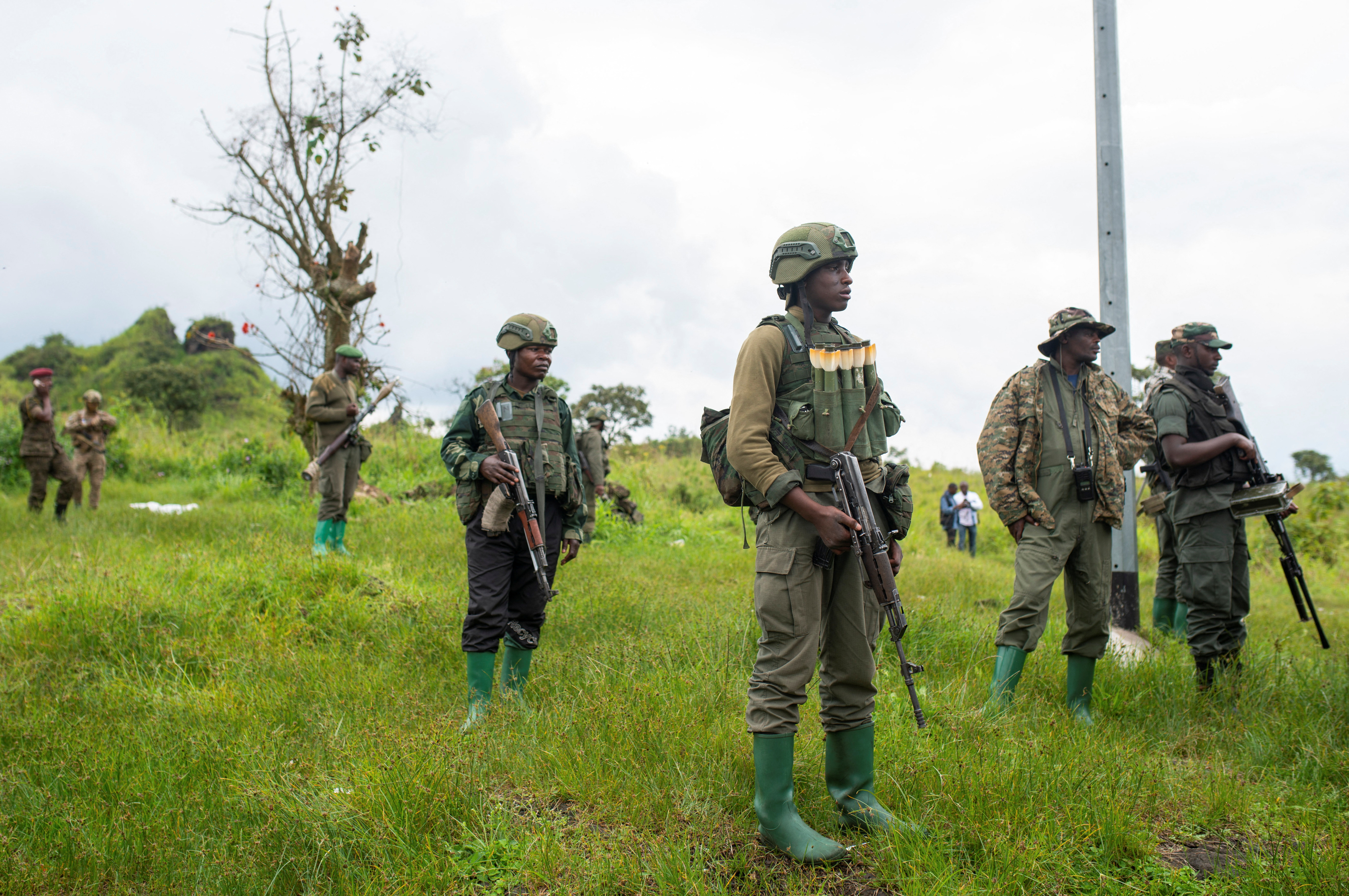Regional
European powers' role in making DRC a failed state

For
years, the east of the Democratic Republic of Congo (DRC), has been
experiencing violence and extensive abuses of power. Protracted civil wars
coupled with the continued mismanagement of state resources placed DRC among
the group of fragile states with the world's poorest infrastructure.
No one
can understand the situation on the ground without reflecting on the country’s
bloody colonial past. The story starts in the 1880s when European powers
scrambled for Africa, in what was called The Berlin Conference of 1884–1885,
also known as the Congo Conference.
In the
conference, the second king of Belgians and founder of Congo Free State,
current DRC, King Leopold II awarded himself the vast and mostly unexplored
territory surrounding the Congo River.
Under
Leopold II's administration, the DRC became a humanitarian disaster.
He
looted Congolese resources and killed an estimated 10 million people under
forced labour. King Leopold's wealth made him the richest man in the world and
furnished him with the funds to build in Brussels, Antwerp and Ostend.
Under
the cover of propagating Christianity and trade in Africa, Belgium exploited
DRC’s mineral resources; ivory and rubber. The colonial state was notorious for
its brutal practices, including severed hands, which became its infamous symbol
where officials brutally maimed those failing to deliver harvest quotas. Forced
labour, corporal punishments, kidnapping, and slaughtering of rebellious
villagers were among other atrocities recorded during the period.
The
DRC suffered alot under Belgium rule until it achieved independence in 1960.
However, on January 17, 1961, the Congolese first Prime Minister immediately
after independence, Patrice Lumumba, was executed by a firing squad. His body was later dissolved in acid and his
remains, comprising of only a tooth, were taken to Belgium.
The
powers that plotted the assassination of Lumumba believed that due to his
popularity among the Congolese people, his grave would be a big monument for
the independence hero. His killers never wanted to leave such an important mark
as they believed it would be a source of trouble for them.
A
Belgian parliamentary investigation into the assassination of DRC's
independence hero concluded that Belgium was responsible for his death. In
2002, then prime minister Guy Verhofstadt apologized for Belgian involvement,
and the country returned to DRC Lumumba’s tooth 61 years after his murder.
In
2020, Belgium's current king, Philippe expressed deep regret for the
"suffering and humiliation" inflicted on DRC during its 75 years
under Belgian rule.
The
Berlin conference was also referred to as the Congo Conference; because the
main point of discussion was to amicably divide resources among Western
countries, at the expense of the Congolese people. The DRC's vast resources
were at the center of the Conference, a position that has not changed until
today within modern Europe.
The
European Union, particularly Germany, France, and Belgium, registered
significant role in the eastern DRC crisis. Without the Berlin Conference,
which partitioned Africa among European colonial powers, the eastern DRC crisis
would have not existed.
Rwandophones
found themselves in eastern DRC, where the then Rwandan territories of
Rutshuru, Bunyabungo, Masisi, Gishali, Tongo and Idjwi, among others, were
given to DRC as result of the Belgian administration’s resettlement programme
of Rwandese in the Congo – movement de l' installation de la population –
implemented from 1931.
Since
then, Kinyarwanda-speaking Congolese have been persecuted and denied their
rights by other Congolese communities with the knowledge of Congolese
governments, claiming that they were “foreigners who want to balkanize eastern
DRC,” ignoring the fact that they received those people under the partition of
borders. If they are accepting the land they received, Kinshasa must also
respect the people whom they received under that partition.
Due to
this persecution, like its predecessor, CNDP, the M23 rebels have national
grievances linked to lack of security, discrimination of Kinyarwanda-speaking
Congolese, and poor governance at large.
The
dismissal of the rebels’ complaints, by Kinshasa, led them to take up arms to
defend themselves against an existential threat.
The
rebels’ demands to their own government have been simple; to be integrated in
the national army, protect the lives of the Congolese Tutsi, and be recognized
as legitimate Congolese citizens.
Reports
indicates that independent and conjoined looters – sympathized by super power countries - plunder DRC mineral resources illegally
through mafia gangs, and has led to the multiplication of armed groups in the
area to over 260, bribery, and violence throughout the country.
The
central African country holds two minerals that are sought after all round the
world: copper and cobalt. Red-brown copper is used to make electrical wires.
Cobalt, a silver-gray metal, is used to make aircraft engines, ink and mobile
phone batteries.
With
this precious wealth, DRC should have been recognized among the richest
countries in Africa, and the world, but the country’s status is disgraceful;
external powers conspire with Congolese authorities, who benefit from wars and
conflicts, to ensure that DRC does not become a stable and orderly state. They
benefit from the chaos and disorder.
With
the thirst of staying in power, successive Congolese leaders have become
Westerners’ puppets, at the expense of the Congolese people in general.
As a
reward, Western powers easily and covertly get full access to the country’s
mineral resources.
Since Western powers never want to leave DRC, the latter will always be a complex conflict environment where, unfortunately, poverty and suffering reigns.








